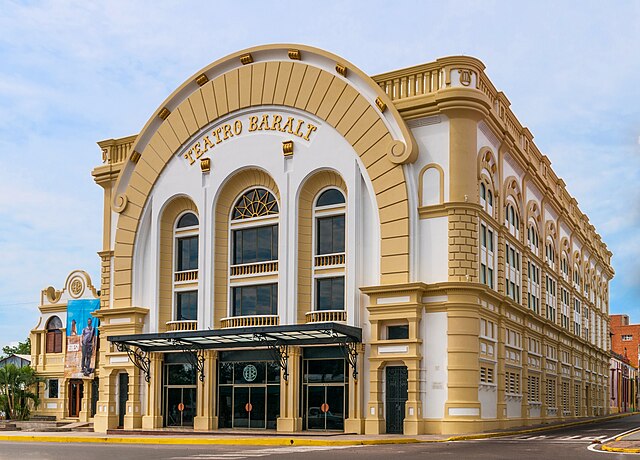Loading AI tools
2013 Venezuelan film From Wikipedia, the free encyclopedia
The Return (Spanish: El regreso) is a 2013 Venezuelan film directed by Patricia Ortega. The first Zulian film of this millennium,[1] it premiered on 30 August 2013 in commercial cinemas in Venezuela.[2]
| The Return | |
|---|---|
 | |
| Spanish | El regreso |
| Directed by | Patricia Ortega |
| Written by | Patricia Ortega |
| Produced by | Sergio Gómez Antillano |
| Starring |
|
| Cinematography | Mauricio Siso |
| Edited by | Sergio Curiel |
| Music by | Javier Pedraja |
Production company | Mandrágora Films Zulia C.A. |
Release date |
|
Running time | 107 minutes |
| Country | Venezuela |
| Languages |
|
An armed group breaks the tranquility of the inhabitants of Bahía Portete in the Colombian Alta Guajira. In the midst of the horror and blood, women risk their lives to help their children escape. Shüliwala, a girl of only 10, manages to flee to a border city. But once she is in this strange territory, she must manage to survive and not lose hope of returning home.

Filming took place between the community of Quisiro, Miranda Municipality, and Maracaibo, Zulia. Locations in the city of Marabina served as the setting for the film, including Las Pulgas market, Las Playitas Shopping Center, La Cañada Morillo, El Callejón de Los Pobres, and the surroundings of Plaza Bolívar.[3]
The film is based on the real events of the Bahía Portete massacre, which took place in the Colombian Guajira on 16 April 2004. A paramilitary group broke into a Wayuu camp, killing people. Some bodies were found and others disappeared. It caused the involuntary displacement of some 600 people who took refuge in Zulia, Venezuela.
"It was decided to make a fiction film to protect the identity of those affected who are still struggling to recover their territory," clarified Patricia Ortega, and added that the beginning of the story of El Regreso is based on those events.[4]
The Return shows part of the Wayuu culture during the beginning of the film. Later, during the ending, the main character takes over the screen with the experiences of the transition between flight, survival, and the journey back home. More than 70% of the language used in the film is indigenous Wayuu.
| Venue | Category | Recipient | Result |
|---|---|---|---|
| 2013 Festival Entre Largos y Cortos de Oriente (ELCO) | Best First Feature | Patricia Ortega | Winner[5] |
| Art Direction | María Gabriela Vílchez | Winner[5] | |
| Best Cinematography | Mauricio Siso | Winner[5] | |
| Best Leading Actress | Daniela González | Winner[5] | |
| 2014 San Diego Latino Film Festival | Contestant[6] | ||
| 2014 Vancouver International Women in Film Festival | Best Cinematography | Mauricio Siso | Winner[7] |
| 2014 Margarita Latin American and Caribbean Film Festival | Golden Pelican for Best Fiction Feature | Winner[8] |
Seamless Wikipedia browsing. On steroids.
Every time you click a link to Wikipedia, Wiktionary or Wikiquote in your browser's search results, it will show the modern Wikiwand interface.
Wikiwand extension is a five stars, simple, with minimum permission required to keep your browsing private, safe and transparent.